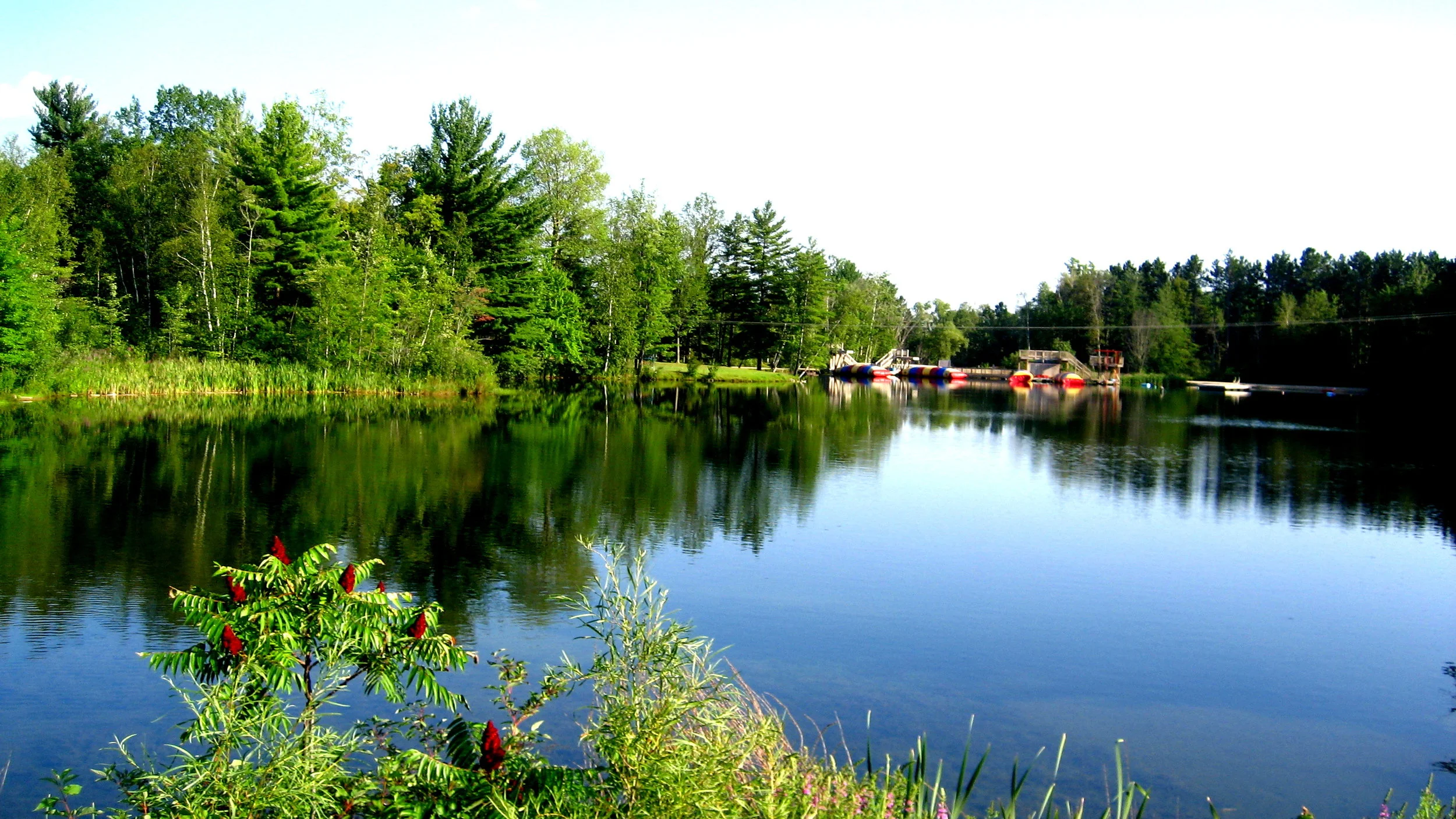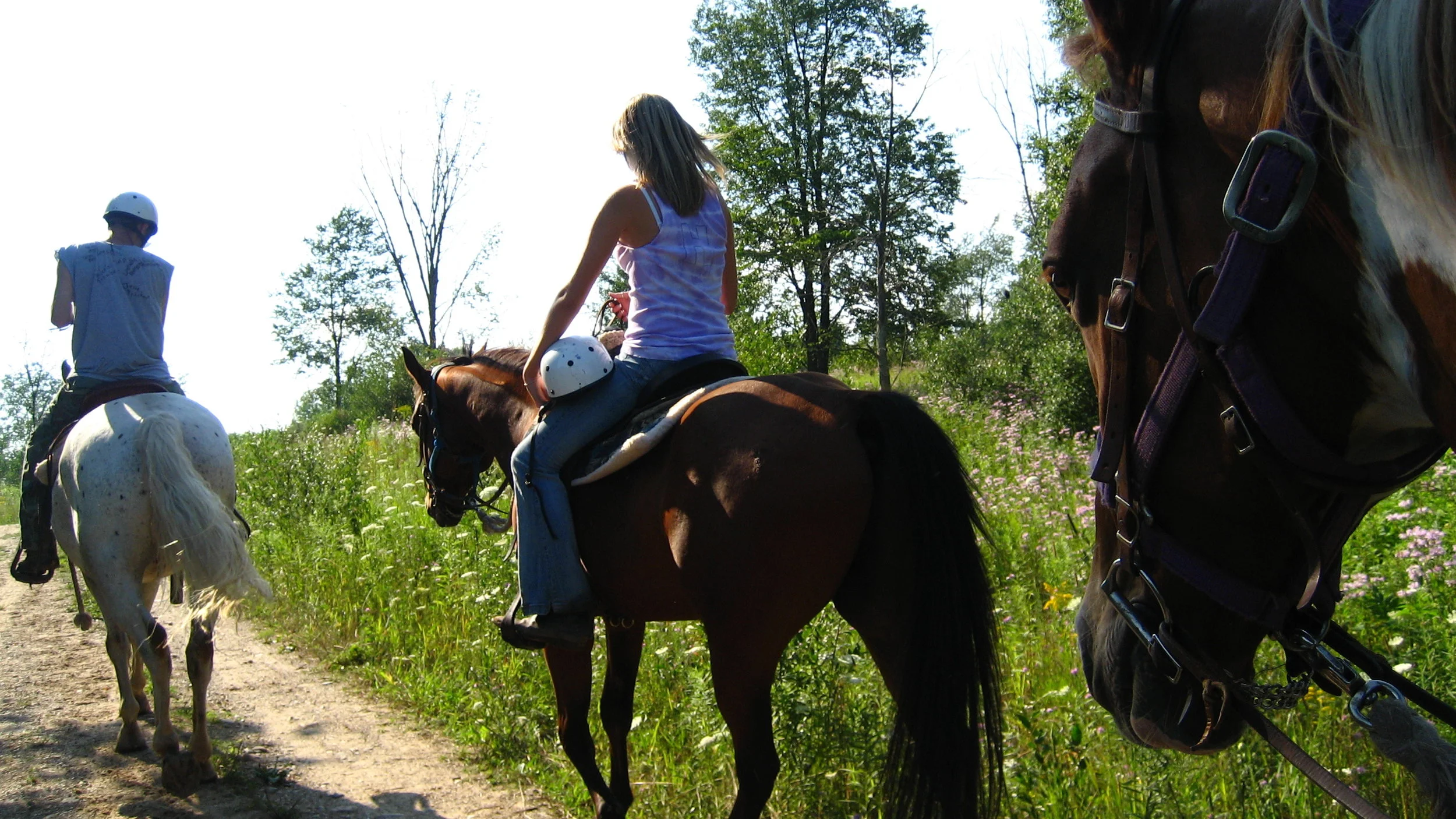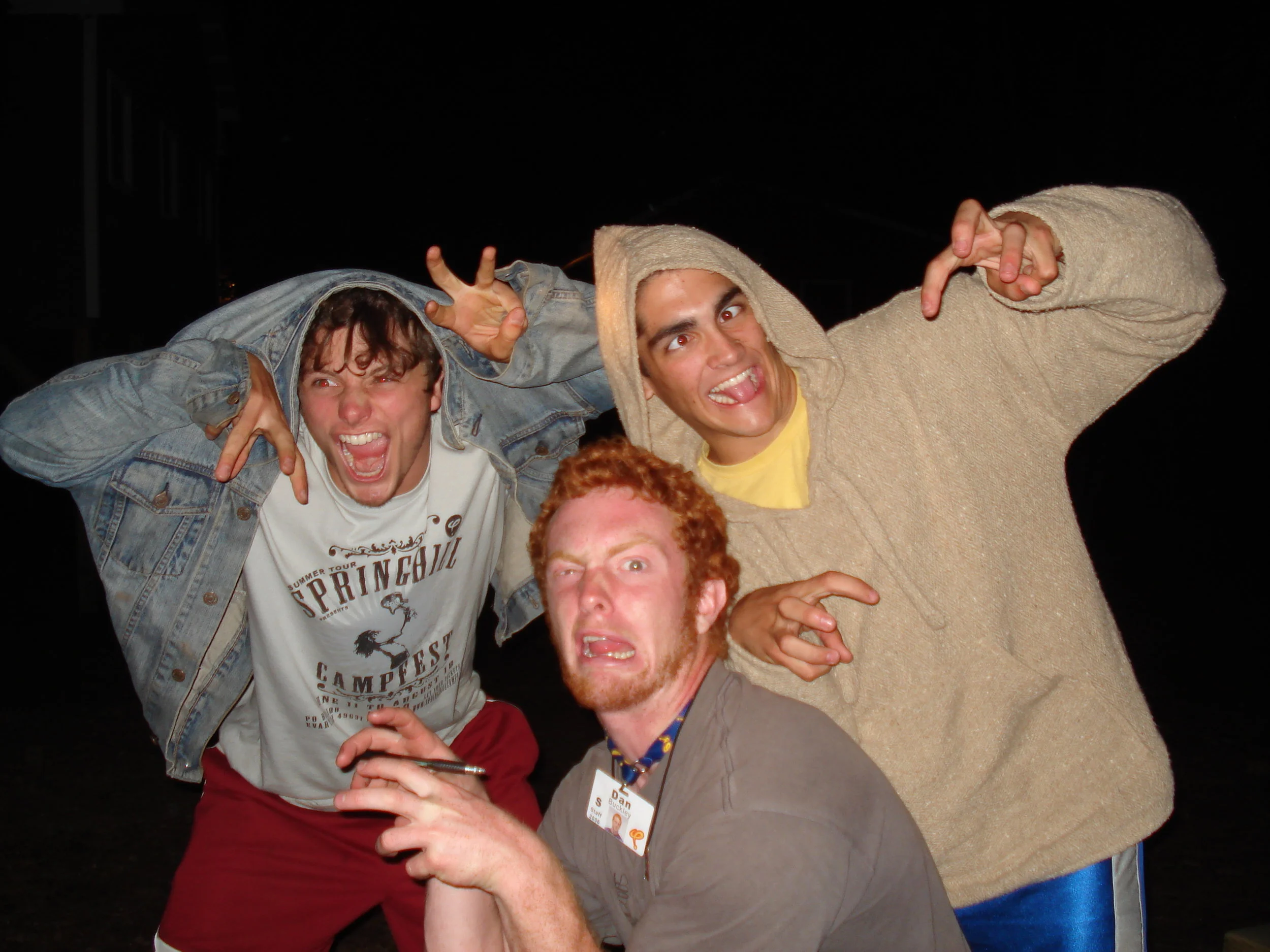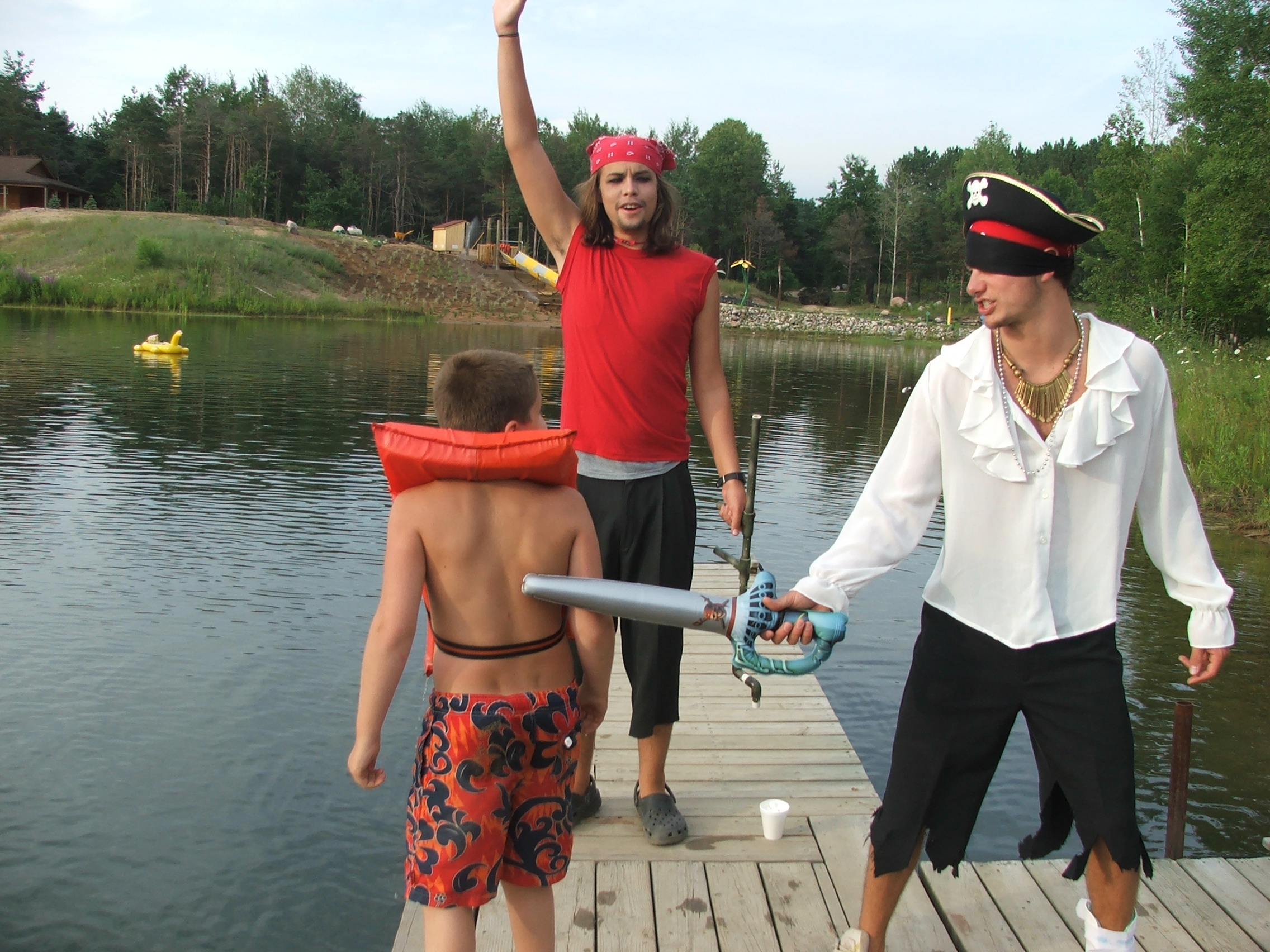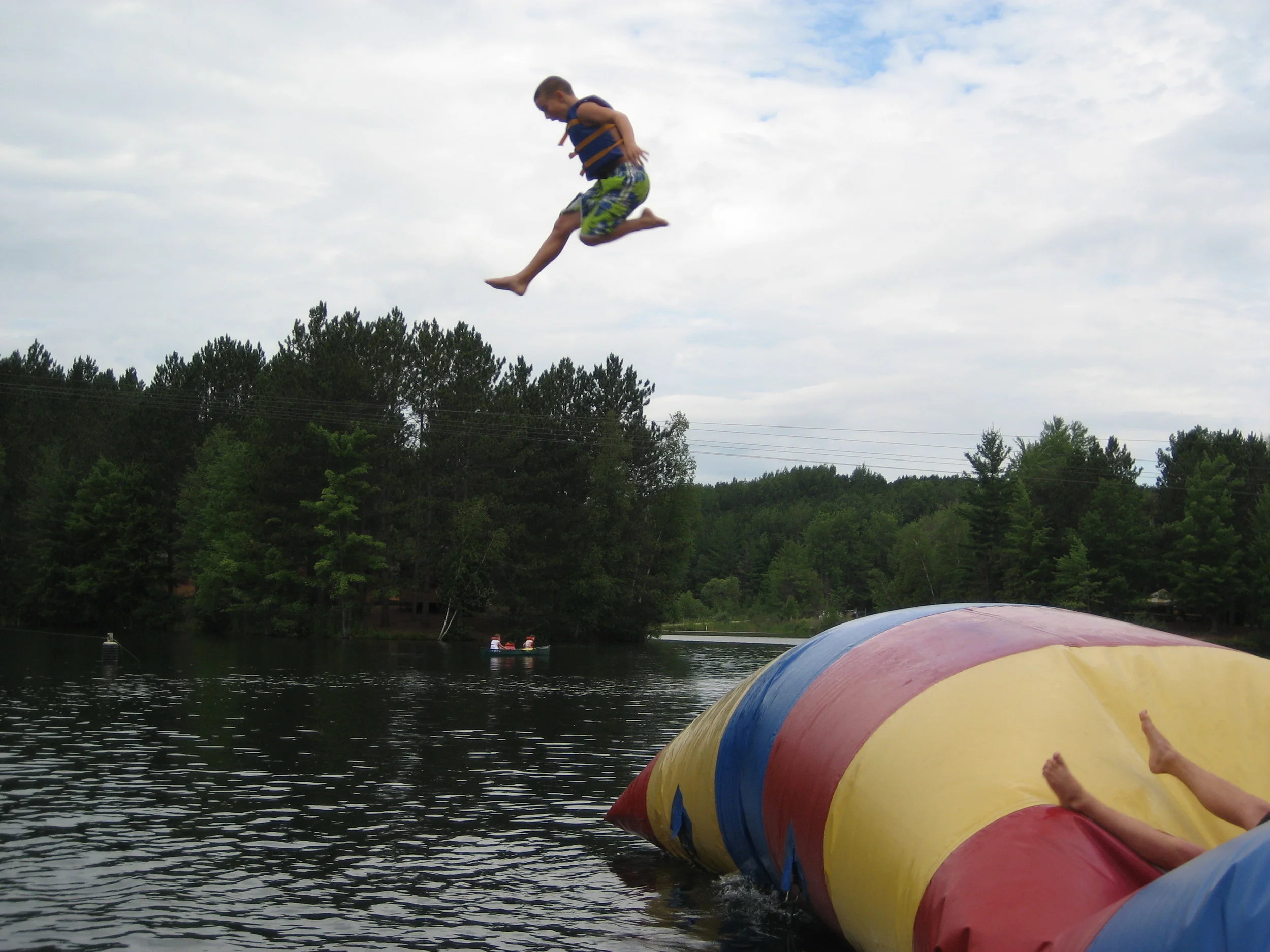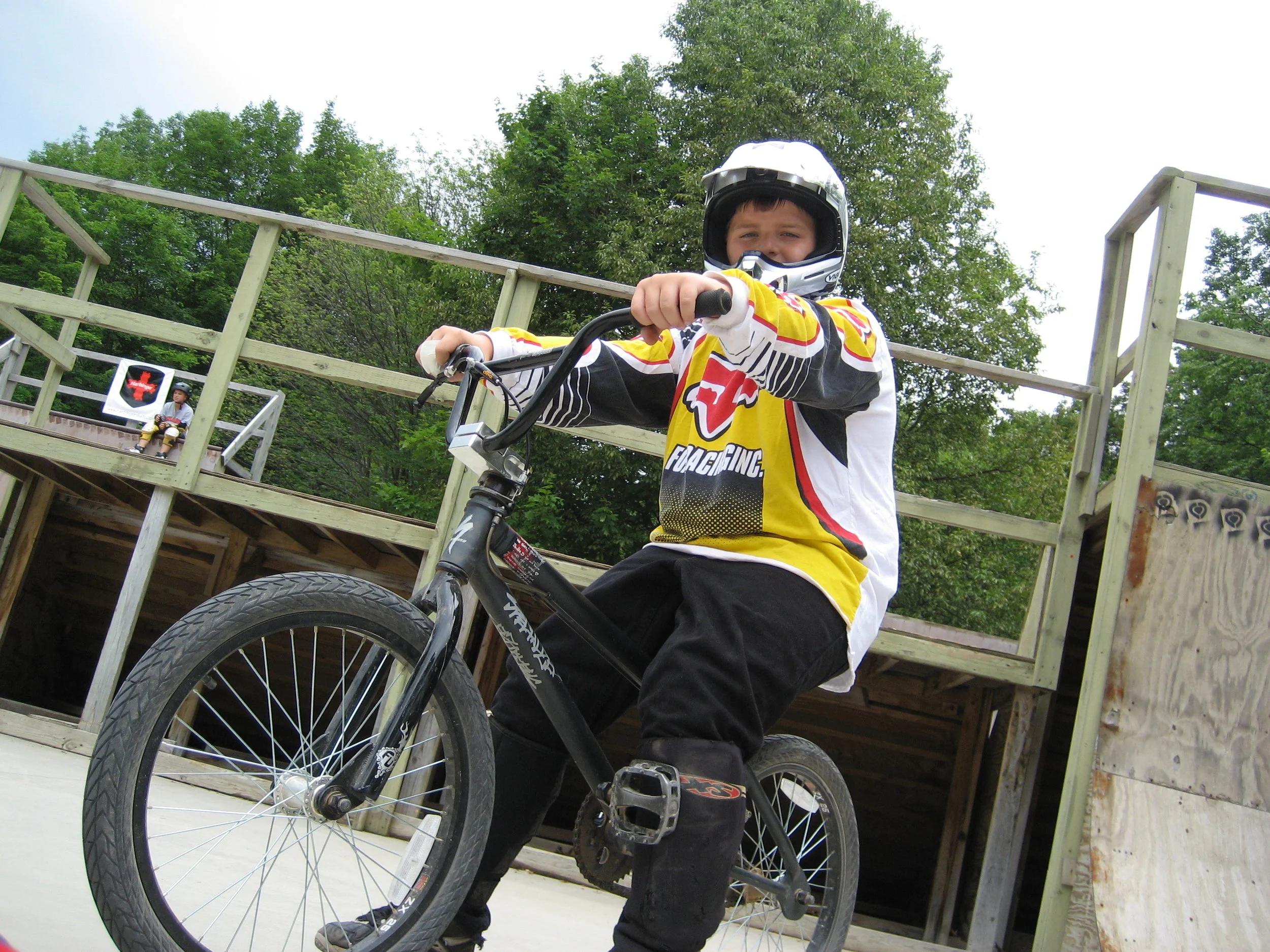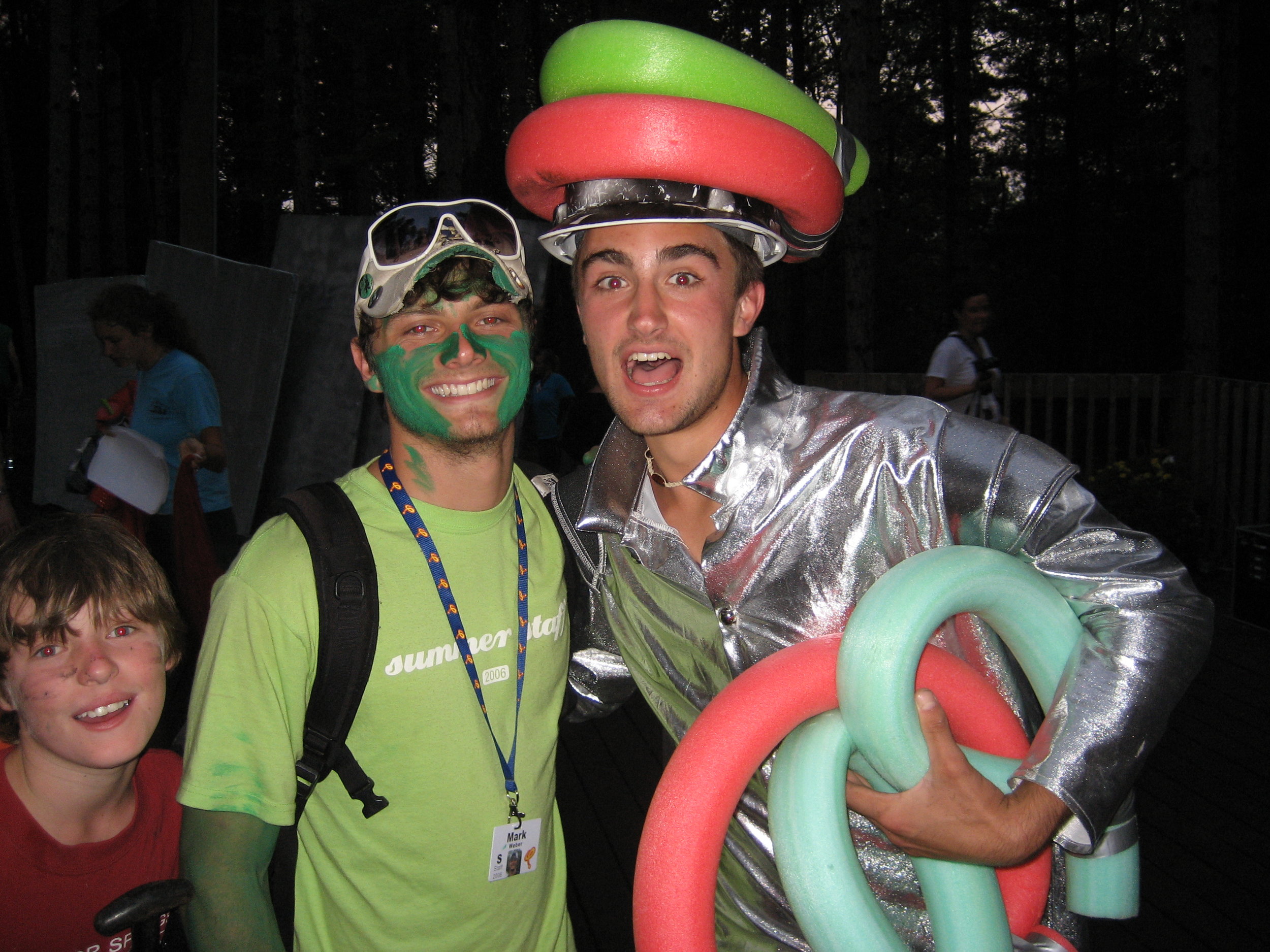What’s special about SpringHill Camps’ special needs program
Growing up in Grand Rapids, Michigan, the thing I looked forward to most every summer was spending 1-2 weeks up north at a summer camp SpringHill. SpringHill is a popular Christian summer camp that welcomes tens of thousands of kids and teenagers each year. There are all kinds of cool activities like canoeing and kayaking, horseback riding and rock climbing. You can stay in cool housing units like an old railroad car, a wigwam, or even an old World War II plane. Every morning, you have a small group Bible study with your cabin, and every evening you close out the day with a bonfire and campfire songs.
But the most special thing about this camp is its program for kids with special needs.
So for my Yarn, I thought I’d share with you the summer I spent in college returning to this camp to be a special needs counselor, and how that experience changed me as a person and still influences my everyday life.
Two things make SpringHill unique among summer camps. It’s inclusive: they don’t turn any child away, no matter how challenging the special need. And it’s integrated: the kids with special needs aren’t segregated, they are with all the other kids. And I can’t stress how important that is; parents would tell me things like, “You know, this is the one week of the entire year, Petey gets to feel like a ‘normal’ kid.”
Three stories stand out to me most from that summer in terms the progressive impact this experience had on me.
The brave service of being vulnerable
First was counselor training. To teach us how to be good counselors for kids with special needs, adults with special needs actually volunteered to come spend time with us. I was matched with a guy named Cory, who was just a couple years older than me.
Cory was one of the most joyful and caring people I’ve ever met. He lived for rock music. He had these killer headphones and loved to headbang to Pearl Jam. Cory also had severe cerebral palsy restricting his motor skills and making movement very painful for him. That required him to use a wheelchair and to have assistance using using the bathroom and the shower. As his trainee, it was my responsibility to help him with those things.
Washing yourself properly when using the bathroom or the shower is obviously a very personal and intimate thing. Remember, Cory isn’t a kid, he’s a fully grown young man.
That first time helping him was very difficult and uncomfortable for both of us. I remember the pain in his voice and sadness in his eyes from the physical and emotional discomfort. I could feel him being frustrated and yet patient with me as I learned.
It took me time to really process how courageous and generous this was as an act of service on his part.
It’s one thing to have your mother and father or a trusted caretaker help you with these things. It’s another thing to let a complete stranger your own age, a peer, without training, take care of you in such an intimate way. But that was Cory’s service to me as a counselor-in-training: teaching me and modeling for me how to love someone with courage and generosity.
The healing power of inclusion
A few weeks later I was assigned to a ten year old named Christopher. Christopher had long white-blonde hair, he was sweet, fiercely loyal and caring little kid. He also had down syndrome, which affected his ability to communicate and do things other kids could do.
And he was going through a time in life where he was really grappling with those limitations and struggling with anger. If something upset him, he could be quite aggressive and mean to others. Even then, to an adult you couldn’t be mad at him because his number one insult was pointing at you and saying “baby underwear.” It was strangely adorable to us counselors. But the other kids were shying away.
Most of the kids in our cabin had never encountered a child with down syndrome, and they were afraid of Christopher. I remember two kids came up to me during trading post on the second day and asked, “What's wrong with Christopher?” And explained to them nothing's wrong with him. He has something called down syndrome and its a real challenge for him. He feels frustrated because he struggles to communicate and do certain things. We all different challenges we face. But those challenges don't define us. He is a person just like you and me.
And these kids were like, “Oh. Cool.” and the rest of the week these two kids took Christopher under their wing, held his hand walking to activities, listened to him intently when he struggled to express himself, and absolutely made this kid’s week.
Christopher had had loving parents and loving counselors, but it was receiving love and inclusion from his peers that dissipated that anger and lashing out. And I think that’s something very helpful to think about in our daily life.
We all have special needs
Near the end of the summer, I got my dream assignment at the skate park and I was assigned to two kids with very minor special needs. I thought it would an easy week. It ended up being the single hardest week of my entire summer. And it had nothing to do with those two kids.
When I arrived to the area, this eleven year old kid named Avery was throwing huge tantrum because he was not being allowed to keep his laptop, cell phone, and game consoles. And this was just the beginning of a 48 hour marathon of obstinance and struggle with this kid.
He didn't like the food, he didn't want to wake up early, he complained about walking and wanted to ride in a golf cart instead, so just getting from point A to point B was an epic struggle.
On the surface he seemed like a spoiled rotten, mean, overweight rich kid bully with a big attitude problem. The counselors were angry. And that's the interesting thing.
In a very real way, it's easy to love kids with special needs. It's a lot harder to love kids like Avery. But kids like Avery need love just as much.
In some ways I feel like my entire summer as a special needs counselor was driving to this moment: learning how to extend that same love you have for someone with special needs, to someone who doesn't seem to deserve it.
I spent hours upon hours with Avery every day, asking him questions, exercising habits of patience I had built up over the summer. Our entire counselor group began working to just kill all negativity with relentless kindness. And little by little, the tide started to turn. By the middle end of the week, Avery was having blast, encouraging others, and showing there was so much more to him than those tantrums showed.
As exhausting as that experience was, it was a profound capstone in the culmination of my personal growth that summer.
Cory taught me a deeper level of what it means to be generous and courageous in serving someone.
Christopher taught me that difficult emotions can often be soothed by love and inclusion from your peers.
And Avery taught me that, in a way, we all have special needs, in varying manifestations and at different points in our lives.
Maybe it's selfishness masking fear of abandonment, maybe it's a habit of talking down about other people masking social anxiety, maybe it's narcissism rooted in insecurity, maybe it's materialism masking a sense of emptiness.
This is the thing we can apply in our own communities in school, at work, in our families and friend groups.
Can we think of someone we've talked badly about behind their back? Can we think of someone we've written off as defined by a certain characteristic we dislike? The thing we have to remember is, those “disabilities” don't define people.
So the challenge I pose to myself every time I encounter a difficult person is, how can I love that person just as generously, just as patiently as I would a person with special needs?
So I encourage you to hold me to that standard. And I invite you to join me in that challenge.
